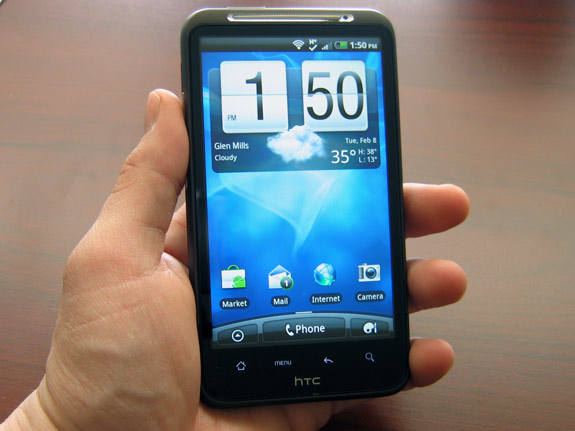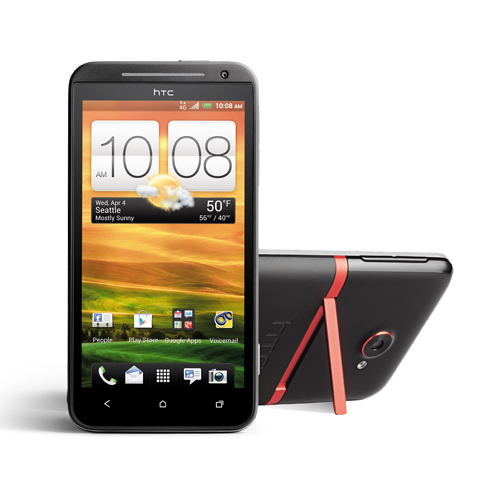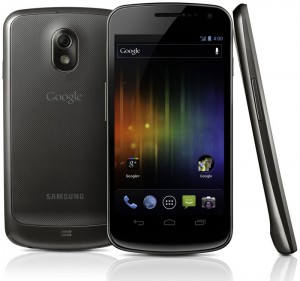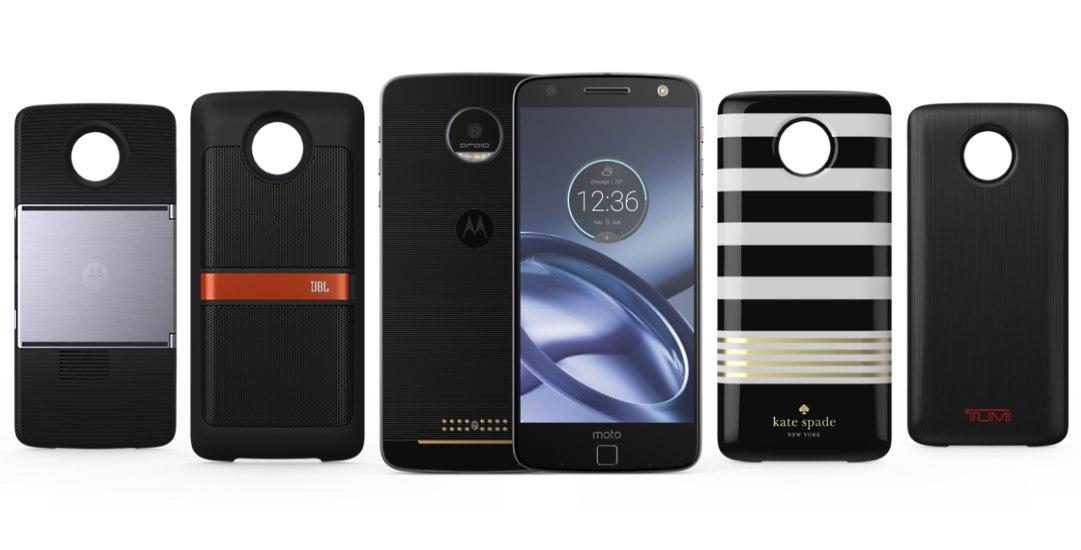If all phones are equally good, why limit yourself to one brand?

Original material
I remember in 2011 after the sale of iPhone 4 I set up HTC Inspire, my first Android smartphone. I loved iPhone but had seen enough videos and reviews of various Android devices, and the Inspire looked like the perfect fit. I logged into my google account, set up Facebook and Twitter, and started dating HTC Sense, which greeted me with a huge clock widget, from which at that time everything were delighted. With the exception of a few shortcomings in the hardware (battery life left much to be desired, it was almost impossible to open the cover to replace the battery), I was in love with this smartphone. Who would have thought that a giant 4.3 ”display could actually fit in your pocket or hand? And the download speed was much higher than that of iPhone!

Given the popularity of the HTC Evo 4G, a more powerful version of the Sprint phone, many shared my feelings. The device boasted a fold-out leg for support, a front-facing camera (which my Inspire didn't have) and Sprint WiMAX support. The Evo was one of the best-selling Android phones at the time, and things were heading towards dominance HTC in the smartphone market.
But fast forward seven years and see what didn't happen. Despite the once huge sales, HTC has difficulty in producing even flagships that could compete with models from Samsung and Apple. It is difficult to imagine the way the company could return to its former glory. People don't buy phones HTC, I am one of them since the One M9.

Since then, I have been from all sides of the barricades: I sold the Inspire and bought Motorola Atrix, quickly sold it too, replacing it with Galaxy S2, then there was Galaxy Note, Galaxy Nexus and so on. I changed phones all the time, long before they started paying me for it. Having tried almost all interfaces from OEM-manufacturers, for a while I settled on the 'clean' Android – Nexus 4, Moto X, Nexus 6. Looking beyond the 'hardware' and manufacturers, then I worked out loyalty to software from Google.
But is loyalty so important today? Once I started trying third-party firmware, there was no need to buy a Nexus or other Google-branded device. I could put my favorite 'clean' software Android into any device, regardless of manufacturer. Likewise, there is no need to store personal information with a specific service provider. My carrier can try to force me to store my contacts in his services in any way, but I prefer to store them in neutral places, for example, in the Google store. So I can move my information to any device on any carrier network.
Personal beliefs can be easily changed by experimenting with something new. During my work as a sales manager for phones, I spoke with countless customers who swore and swore that they would not switch to such and such a brand again. And, of course, 9 out of 10 were ready to consider such a scenario when demonstrating and personally meeting new models.

Manufacturers are running out of ways to keep consumers. Today, almost every device 'can' everything the same as its competitor, and only certain functions distinguish devices. Some brands have taken a creative approach, like Motorola with Moto Mods, but this has resulted in additional costs on top of an expensive unit. Buying one of the modules keeps the user in the company's ecosystem, but it is quite difficult to attract someone with additional spending. Apple is doing well at retaining users by maintaining iMessage exclusivity for their products only, but lately I see more and more tweets from users iPhone who say they would otherwise walk away from ecosystems Apple.
A lot of loyalty comes down to hardware preference. If you like glass devices with curved edges, then in the near future you should buy devices from Samsung. If you like the cold touch of aluminum, then the choices are limited today, but there are still excellent options from manufacturers such as OnePlus and Honor. Of course, there are a number of software tweaks between brands, but with a lot of third-party launchers and apps, it's easy to turn any phone into a dream device.
I am happy with all the phones I use. I recently returned to iPhone after 10 years with Android and will be moving to Galaxy S9 soon. I, like everyone else, have my own troubles and preferences, but if you pay less attention to brand loyalty, then you will be able to choose a new device and quickly and easily switch from one experience to another.
Author – Hayato Huisman
If you recall my experience of using smartphones, then my loyalty was limited to two models: Sony Ericsson – P990i and M600i, HTC – Wildfire and HD2, Samsung – S4 and Note 4. I'm not sure if my next smartphone will fit into this tradition, but everything can be, suddenly OnePlus will surprise you with something unexpected. Still, for many, loyalty decides a lot more and people for several years choose devices from the same manufacturer, motivating this by the convenience of transition with minimal complications, trust in the manufacturer and etc.
The smartphone market is oversaturated today, differentiation is often achieved with the help of third-party accessories, attracting other brands, promotions / bonuses, the methods are different. The capabilities of the devices themselves come to the fore, mainly in the most expensive price segment, for the sake of which, for the most part, engineers and developers are researching. Thus, the boundaries between manufacturers are blurred, thereby complicating the task for buyers. Well, loyalty suffers, gradually fades away.
